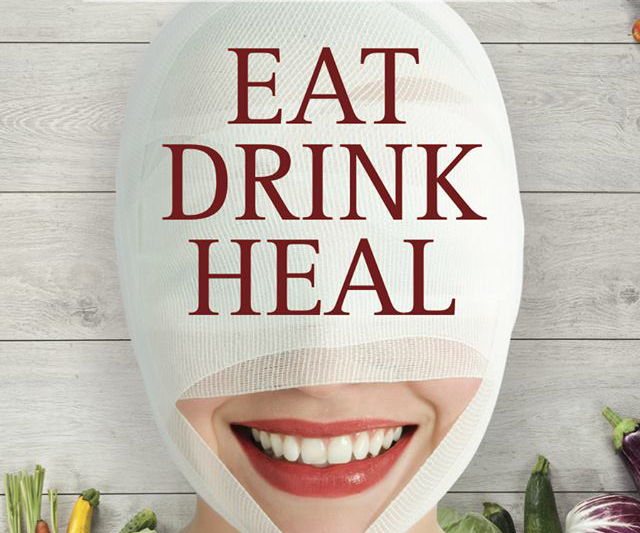Imagine for a minute you are preparing for elective surgery. You are scared to death and have to choose from two very different scenarios.
The first scenario involves a surgeon who is well-trained, experienced in her specialty, but who has changed virtually nothing since the day she began practice with respect to preoperative protocols. A few weeks before surgery, you meet at your preoperative visit. She, and her lovely staff, go over details of the procedure (when to show up, length of surgery, etc.) and then wish you the very best.
In the second scenario, your surgeon is also well-trained, experienced in her specialty but has a slightly different approach. During your preoperative visit, she still goes through the conventional paperwork and talks about the process of surgery in much the same way. But then she adds a twist. She also spends a few minutes talking about the importance of what you eat both before and after surgery. She suggests preparing meals before your procedure and freezing them so that you have ready-made options following your surgery. She also recommends a list of supplements that will help you heal more optimally and give you even greater energy during this critical period. And then she hands you a list of labs which she asks to have drawn before surgery to help identify any areas of deficiency. The following week, she reviews with you by phone pointing out any questionable micronutrients and making recommendations to help reverse these deficiencies. During this time, you take an afternoon and prep a healthy broth which can be frozen and used after your surgery knowing that you can slowly begin adding vegetables and your choice of protein to this rich broth as your appetite progresses.
So…which scenario would you choose?
During our medical training, a majority of us were never taught the importance of proper nutrition. And it shows. It shows in the way that we do not offer this option to our patients and it shows in our inability to dialogue with patients when they do have questions. And, sadly, it is clearly evident in the prevailing absence of an open dialogue with patients on this important topic.
As a Plastic Surgeon, I have always strived to offer patients a good surgical outcome but also a positive experience. A few years ago, I realized as physicians (both surgical and non-surgical) that we not only have the opportunity to counsel our patients on the importance of good nutrition but that we also have the responsibility. Aside from the benefits following surgery, proper nutrition is essential for optimal health. Out of the Top Ten Chronic illnesses in the United States, seven are strongly linked to nutrition and lifestyle factors. And the mere fact that diabetes-related complications are one of the largest contributing factors to healthcare dollars spent within the US should set off some alarm bells. We need to change the way we eat.
I encourage my fellow physicians to incorporate some aspect of nutrition into their practice. While our patients are often impressed by the high-tech products and procedures we offer them, you would be surprised by the overwhelmingly positive response you receive from patients when offering this seemingly low-tech solution to optimal health. Good nutrition is good medicine. And that benefits us all!
Dr. Buford will be lecturing on the topic on the art and science of surgical nutrition at the upcoming Generational DermatologyTM Palm Springs Symposium (March 22-25) led by Dr. Wendy Roberts. To register, click here.

